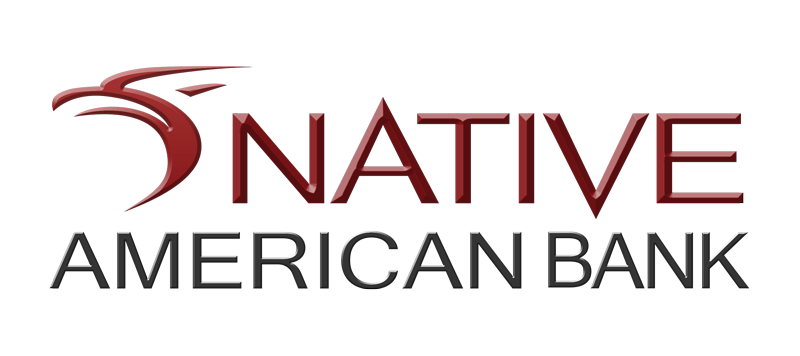Native American Bank, N.A. (NAB) is a certified Community Development Financial Institution (CDFI) and the only national American Indian owned community development bank in the country. We prioritize providing quality banking and financial services to communities that have been historically underserved and impacted by systematic bias. As a member of the Community Development Bankers Association (CDBA), we share their message below with our full support and echo that we stand in solidarity with our black relatives and communities. We pledge to continue to fight the long-term effects of institutional racism by upholding our vision, mission, and core company values that NAB was built on.
+ + + +
The Community Development Bankers Association (CDBA) stands in solidarity with black communities in calling for an end to systemic racism and police violence. In response to the national events of the last two weeks, we say black lives absolutely do matter. There is no excuse for racism of any kind.
We extend our deepest condolences to the family and friends of George Floyd and countless other African Americans whose lives were tragically ended by racially motivated violence. CDBA unequivocally condemns police brutality and the devaluation of black life. We strongly support Americans of all races and backgrounds who peacefully protest to end anti-black racism. We believe in the power of kindness, love, respect, dignity, and justice for all.
CDBA and its members work to be catalysts for change. In fact, Community Development Financial Institutions (CDFIs) at their best are a response to structural and systemic racism in the American financial industry. CDBA’s members are committed to expanding access to capital and financial services and promoting opportunity in America’s most distressed urban, rural, and Native American communities. The places and people we serve are often African American communities and other communities of color disproportionately impacted by systemic oppression and historically starved of access to capital or the ability to earn living wages, much less accumulate wealth. CDBA members are committed to investing in many of the economically fragile neighborhoods that are home to victims of systemic racism.
CDBA supports its members through advocacy, education, and peer networking. We promote public policy and best practices within the banking sector that lift distressed communities, fight the long-term effects of institutional racism, and provide opportunity for future generations. We stand for equitable and just treatment of all people, no matter their race, ethnicity, or background.
CDBA pledges to continue its long-time effort to advance public policy that fights poverty and other negative outcomes of systemic bias. Last year, CDBA began an education program to inform its members on racial biases and their consequences for its customers and communities. As a strategy for promoting economic opportunity, we will build on this initiative and create tools to help our members address these challenges within their organizations and in their work.
Today we reaffirm our support for racial equality. As representatives of the financial services sector, we are fully aware of the banking industry’s history of discrimination, especially against African American communities. The implications of this history and a legacy of distrust continue to influence our industry to this day. Recognizing this legacy, we as bankers who love our communities must commit to being anti-racists. We must acknowledge that structural racism still exists and be vigilant in taking action to dismantle bias, within our own organizations and beyond.
We believe our nation needs to acknowledge and address systemic racism in order to heal our divisions and come together. Community development and prosperity cannot occur without equity for African Americans and other communities of color — or in the presence of widespread anger, fear, and violence. As such, CDBA supports the fight for racial equity and justice as essential to the economic prosperity of the communities and people we serve. These are not just our customers – these are our families, friends, and neighbors.

